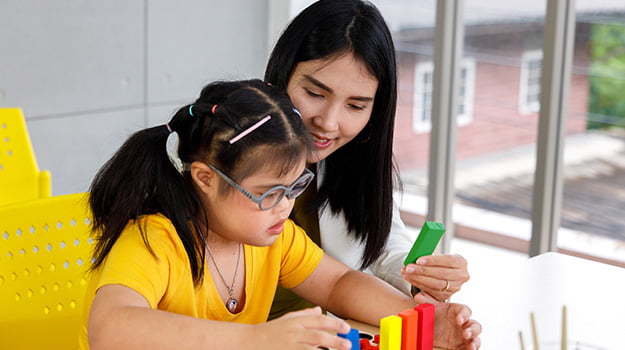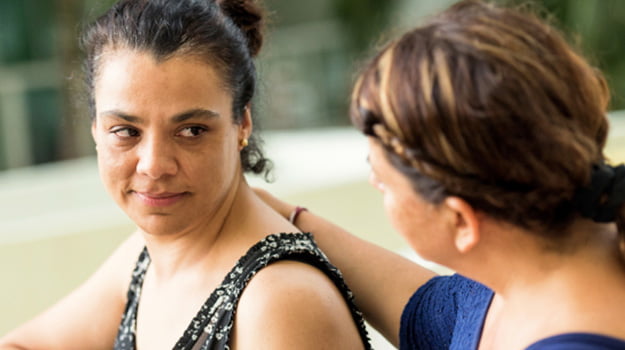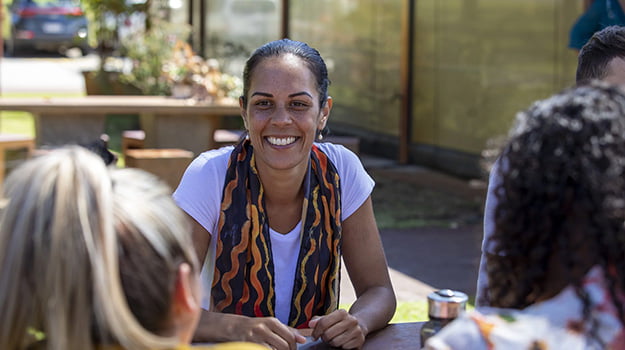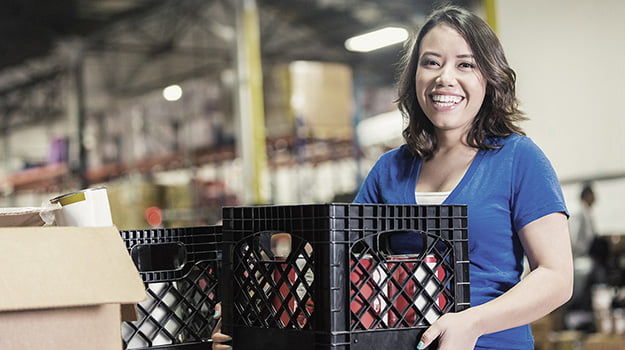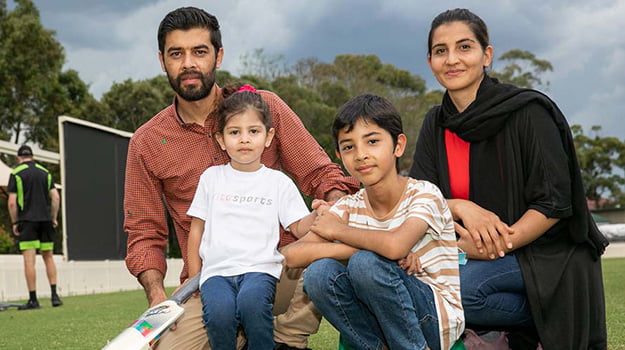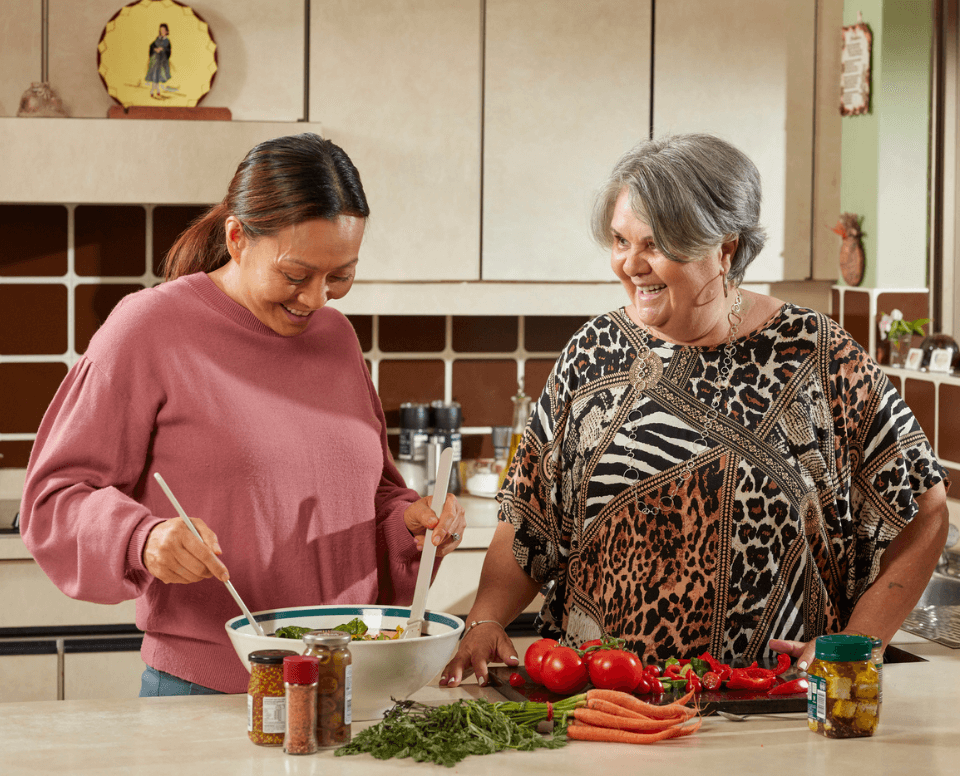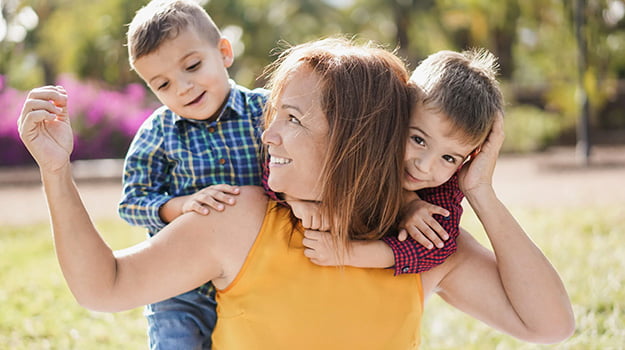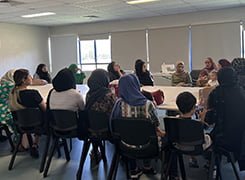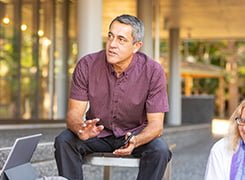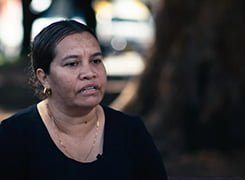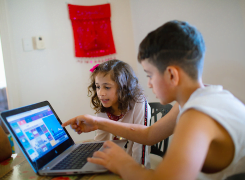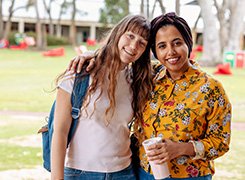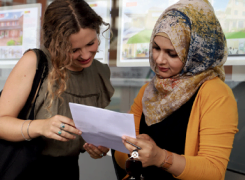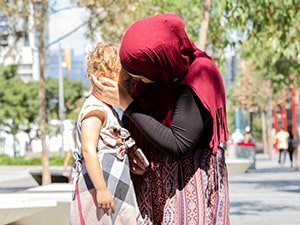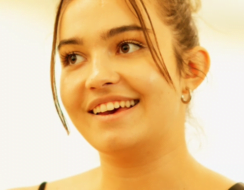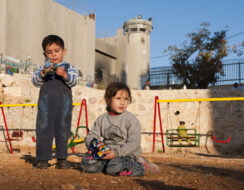30 Apr 2019
NewsFrom the CEO: Tough border talk muddies the water for refugees
We live in a world with record levels of displaced people ― a world where the lion’s share of that burden falls on developing nations. As our peers across the world increase their refugee intake in line with this upheaval, I’m left wondering why a country like Australia with such a generous track record of refugee resettlement is going down this road.
Where is the factual evidence or data supporting the need for capping current intake levels?
Refugees account for less than 5% of Australia’s annual migration program. By freezing refugee arrival levels, we risk losing the multitude of benefits refugees bring to their new homes. It’s something we at Settlement Services International (SSI) see every day in our work resettling refugees and supporting them to live rich, independent lives in Australia.
Refugees are the most entrepreneurial migrants in Australia ― nearly twice as likely to be entrepreneurs as Australian taxpayers, according to research released this month. If just 5% of the refugees Australia settles each year were to start a business, this would add $98 million to our economy in one year alone ― and nearly $1 billion over a 10-year period.
Refugee settlement also brings with it cultural and social benefits that are harder to measure but no less valuable to our country. Take the Vietnamese community, as an example. In the 1970s and 1980s, many Vietnamese people sought safety in Australia. Those refugees and their children have since played a critical role in broadening social, cultural and business relationships between Australia and south-east Asia.
Within my own family, there are many examples of new arrivals’ contribution to the rich fabric of our country. After migrating from post-World War II, my parents went on to found a small business in Australia and build strong connections in the community. They even mortgaged their home to found a local church, which to this day is a thriving parish in western Sydney.
Australia is a cohesive, multicultural society ― one that has been strengthened through the efforts of the Morrison government and its predecessors. It was only four years ago that we saw the Australia government make the unprecedented decision to resettle an additional 12,000 people affected by the war in Syria and Iraq.
SSI was involved in that resettlement on the frontline ― resettling 10,000 refugees in NSW in a single year ― and the results speak for themselves. We saw government and corporate partnerships established to create employment opportunities for new arrivals. Thousands of everyday Australians put up their hands, asking, “What can I do to welcome my new neighbours?” Refugees from that intake are now well on the way to successful settlement ― forging friendships, engaging in education, starting businesses ― making economic, social and cultural contributions to their new homes
Regardless of what happens on May 18, I call on representatives from all side of politics to engage in a humane, open and intelligent policy discussion on Australian humanitarian program. A discussion that does not conflate our humanitarian intake with the broader issues of border control, population policy and immigration levels.
Refugees account for a miniscule proportion of our migration program and are in the most need of our protection. They have been forced to leave behind their friends, family and everything they know in order to live a life that is free from war or persecution. Unlike migrants and international students, refugees can’t return home if things don’t work out. There is no plan B.
Before making changes to refugee intake levels, it is in Australia’s best interests that we have a bipartisan discussion grounded in evidence. Only then, can we truly position our country as a leading nation and responsible global citizen.

